 |
 |
 |
 |
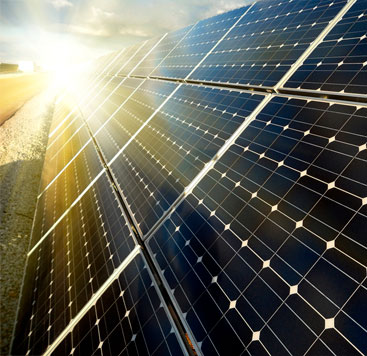 |
 |
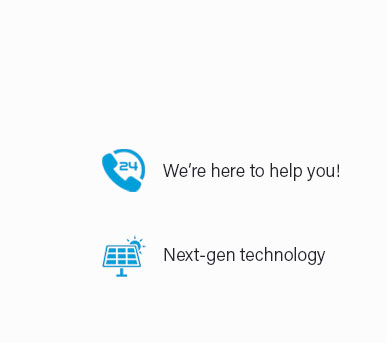 |
 |
 |
 |
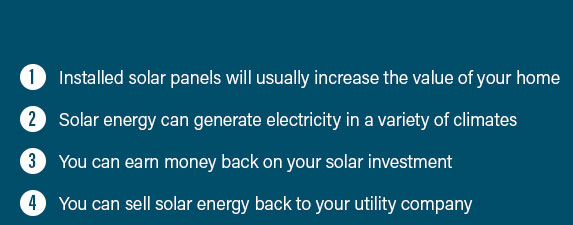 |
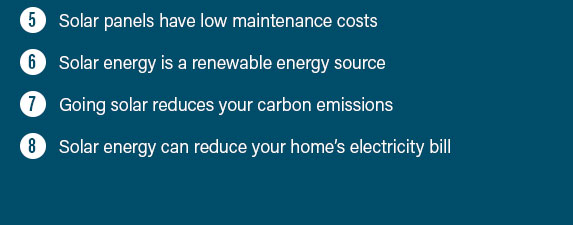 |
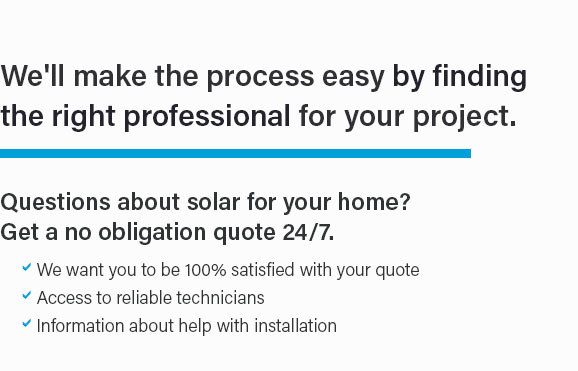 |
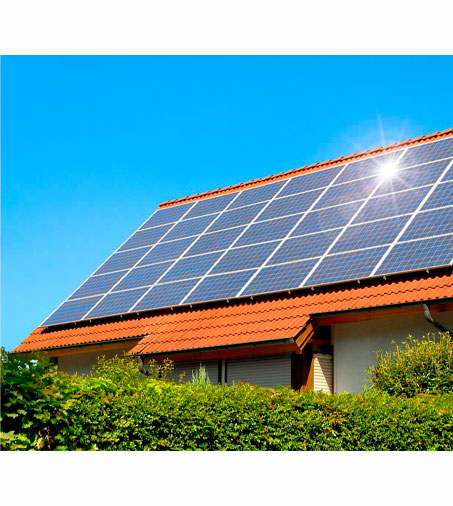 |
|
 |
 |
 |
Exploring Solar Panel Installation in Indiana: A Guide for Informed DecisionsIn the heart of the Midwest, Indiana stands at the crossroads of traditional energy and burgeoning renewable resources. As residents increasingly explore sustainable options, solar panel installation emerges as a compelling choice. This article delves into the nuances of adopting solar energy in Indiana, providing an insightful guide for those contemplating this green transition. First, it's essential to understand why solar energy is gaining traction in Indiana. The state, with its expansive farmlands and open spaces, receives ample sunlight, making it a viable location for solar energy harvesting. Additionally, the declining costs of solar technology have made it more accessible to homeowners and businesses alike. Coupled with federal and state incentives, the financial benefits are considerable. One might wonder, what are the specific advantages of installing solar panels in Indiana? Beyond the obvious environmental benefits, solar panels can significantly reduce electricity bills. They offer energy independence, shielding users from fluctuating utility rates. Moreover, by contributing to a cleaner environment, solar panel owners partake in a global movement towards sustainability. However, as with any significant investment, it's crucial to weigh the pros and cons. While the benefits are enticing, potential challenges exist. Initial installation costs, though mitigated by incentives, can be substantial. Additionally, the effectiveness of solar panels can vary based on location, installation quality, and maintenance practices.
For those considering solar panel installation, selecting a reputable installer is paramount. A knowledgeable contractor will conduct a thorough site assessment, provide detailed cost-benefit analyses, and ensure compliance with local regulations. It's advisable to obtain multiple quotes and research reviews to make an informed choice. Ultimately, the decision to install solar panels should align with one's long-term goals and values. As Indiana continues to embrace renewable energy, the potential for solar power to revolutionize the state's energy landscape is immense. By understanding the intricacies of solar panel installation, residents can make educated decisions that benefit both their wallets and the environment. In conclusion, solar panel installation in Indiana is not merely a trend but a substantive shift towards sustainable living. As the state harnesses its natural resources and technological advancements, solar energy stands as a beacon of hope and progress for future generations. https://www.energysage.com/local-data/solar/in/
The average Indiana homeowner needs a 11.84 kW solar panel system to cover their electricity needs, which comes out to $38,177 before incentives. Prices range ... https://www.indystar.com/story/news/environment/2021/11/09/solar-power-indiana-how-get-started-panels/6082677001/
Installing solar panels is a six-step process, Ludwig said, and all in all can last as long as 8 to 10 weeks. First, there's the consultation. https://www.indy.gov/activity/solar-energy
The law provides a clear path for homeowners in restrictive homeowners associations to get approval from their neighbors to install solar panels. Indiana House ...
|